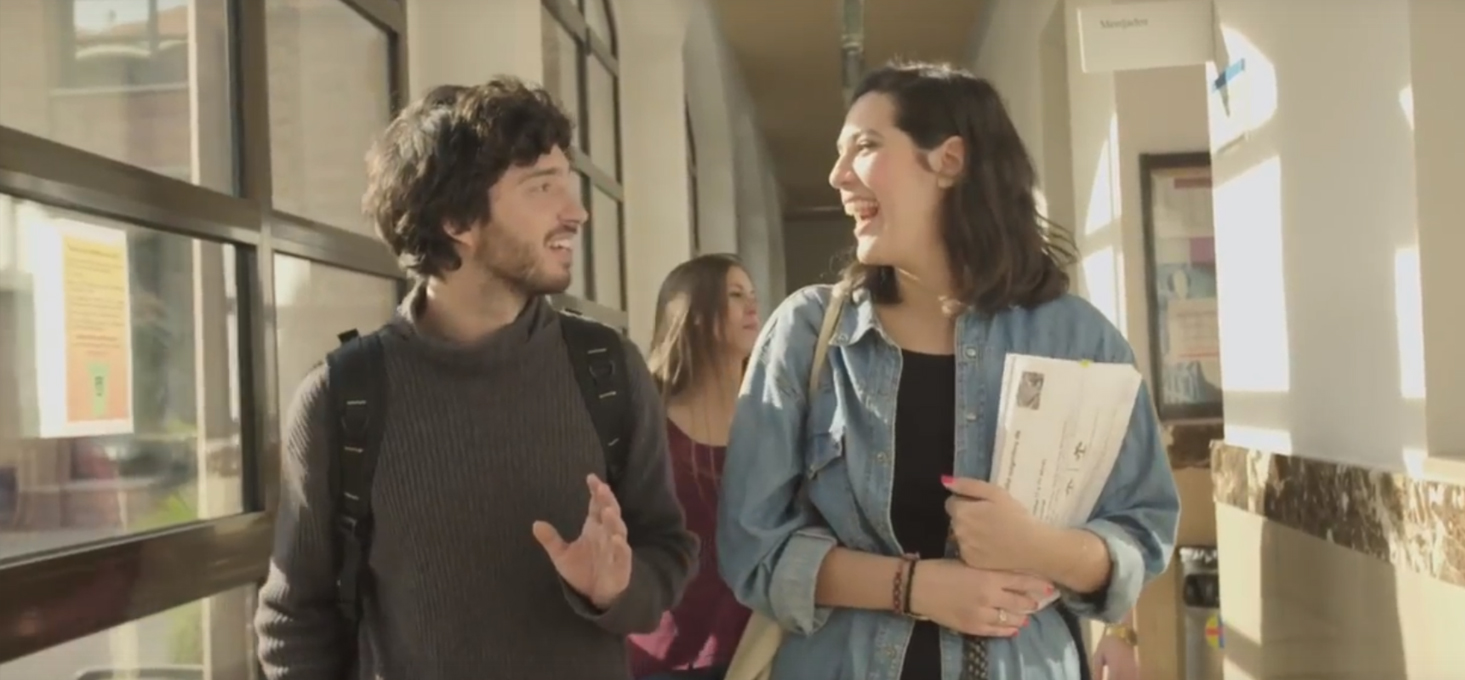🎓 Experiencia formativa ENG
Experience teaching
UAO CEU EXPERIENCE
Following the model of colleges in place at the most prestigious Anglo-Saxon universities, the Bellesguard Campus of Abat Oliba CEU University can accommodate up to 2,000 students in small groups sorted by subjects, also providing pastoral care, and this helps tailor teaching and quality advice across all university services.
The information and knowledge society means university education, the final academic step prior to entering the professional world, must be aligned with the challenges posed by the 21st-century world. This is why Abat Oliba CEU University offers an innovative teaching model that sets it apart from more traditional models:
- A teaching methodology that gives individuals the criteria and resources they need to take on the constant changes of modern society.
- Learning happens through a combination of lectures and practical sessions, seminars, tutor sessions, and complementary academic activities. This integrates theory with practice, case studies and individual follow-up.
- The heart of teaching is the relationship between teachers and students, which should seek to encourage a desire to learn, stimulating curiosity and intellectual ambition.
The tutor system is one of the most effective instruments in providing academic and humanistic training to students at Abat Oliba CEU University.
Tutoring should be understood as both a right and a duty for students at Abat Oliba CEU University. It should be conceived as a requirement for personalising a student’s education, and as an educational service provided in order for them to maximise their potential.
The aim is for students to receive the information and guidance they need to integrate into the University, improving their learning process and easing their transition into the world of work.
All prospective students interested in receiving vocational guidance can have orientation interviews, in which tutors explain to prospective students how Abat Oliba CEU University works with information about the degree they are interested in, as well as resolving any questions they might have.
The goal behind tutoring is to guide students in everything that can contribute to improving their academic performance, to facilitate their participation in university life and their human, cultural and spiritual education.
The main functions of tutoring are:
- Providing academic advice.
- Supporting students’ study and research activity.
- Making the most of students’ cognitive and moral abilities.
- Nurturing a desire for improvement, a love of truth and a sense of responsibility.
- Teaching them to work and think for themselves, while respectfully taking on board suggestions from more experienced people.
- Helping them to discover the roots of difficulties and to help find the right means to overcome them.
All students will be assigned a tutor during the first month of their studies who will support them over the course of their programme.
Tutor sessions are held through appointments that can be regularly scheduled. During the first year, at least five interviews will be scheduled. In subsequent years, tutor sessions will be offered on a freer basis, and so there is no set number of scheduled interviews.
The person responsible for the tutor action plan is the Vice-Rector for Students and Quality, Dr Maite Signes, who chairs the Tutor Action Commission, charged with the implementation and supervision of the tutor action plan.

NUMBERS
|
|
|
|






